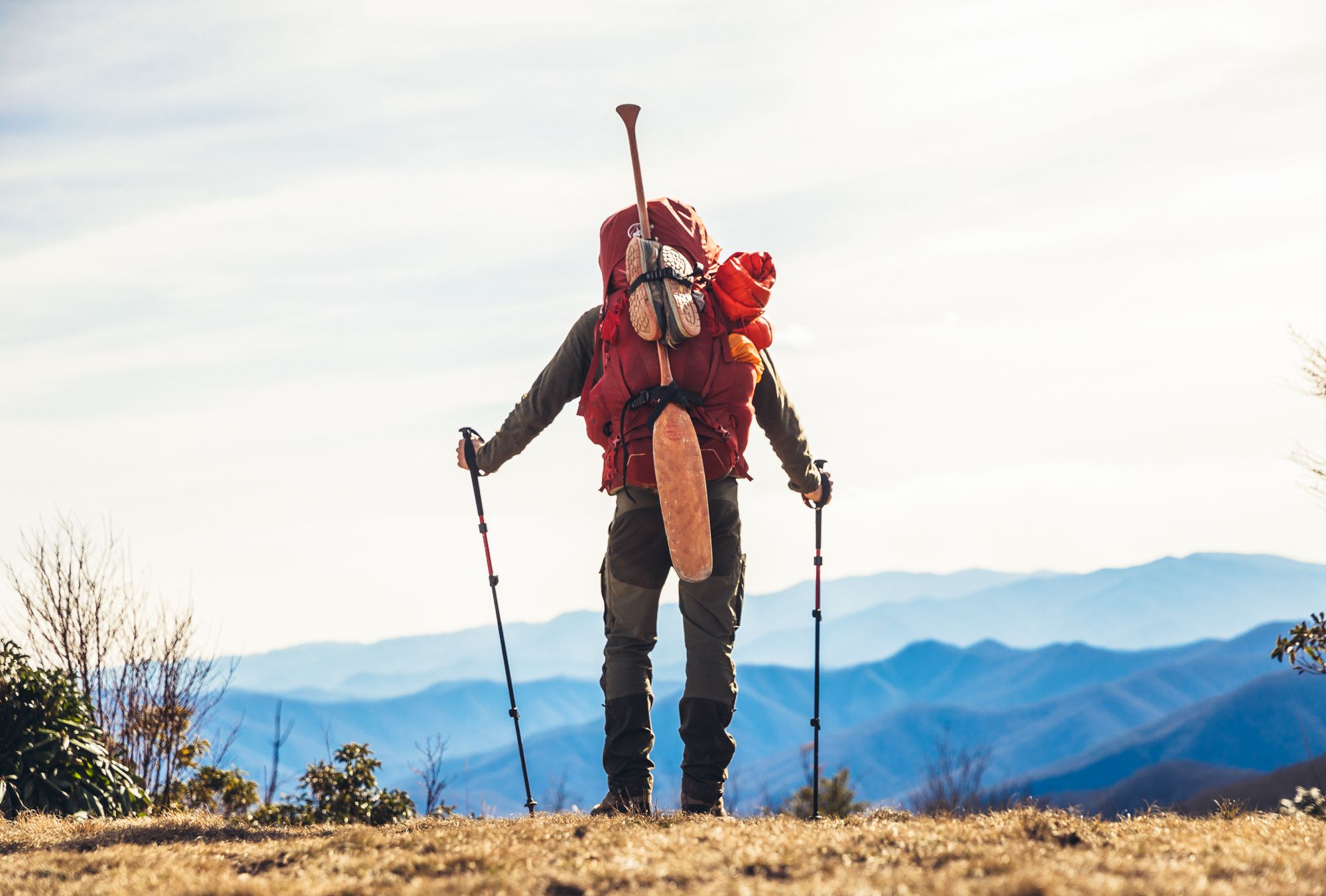Benefits of Multi-Day Hiking
Embarking on a multi-day hiking trip offers numerous benefits, both physically and mentally. From building cardiovascular strength to reducing stress levels, there are plenty of advantages. Hiking not only strengthens your muscles and bones but also enhances your cardiovascular health, contributing to overall fitness. Additionally, time spent in nature can significantly lower stress levels and improve mental clarity. Johns Hopkins Medicine notes that hiking can improve mood and overall well-being, providing a natural remedy for anxiety and depression.
Moreover, multi-day hikes allow you to disconnect from the hustle and bustle of everyday life and reconnect with nature in a profound way. The tranquility of the wilderness offers an escape from digital distractions, fostering a sense of peace and mindfulness. Engaging in hiking tours and adventures not only provides an opportunity to explore breathtaking landscapes but also enables hikers to bond with fellow adventurers, creating lasting memories and camaraderie.
Prepping for Your Adventure
Preparation is key for a successful multi-day hike. Start by researching the trail and understanding the terrain, climate, and difficulty level. Obtaining information about trail conditions, elevation changes, and weather patterns enables hikers to plan appropriately and avoid unexpected challenges. Websites like Outside Online offer comprehensive guides on how to prepare for hikes, including tips on physical training and gear selection.
Ensuring you’re in good physical condition is essential to handle the exertion required for extended hikes. Regular cardio workouts, strength training, and hiking on varied terrains can help build the stamina and resilience needed for long treks. Additionally, checking weather forecasts and trail conditions as the date approaches ensures that you’re adequately prepared for any changes. Making sure you have the right clothes and equipment for the conditions you expect will really help you stay comfortable and safe.
Essential Gear to Pack
Backpack
Choosing the right backpack is crucial for a comfortable hike. Opt for one with enough capacity to carry all essentials, yet light enough to manage over long distances. Seek features like padded shoulder straps, a waist belt, and multiple compartments for better organization. Hydration-compatible backpacks with easy access to water bottles or hydration bladders are highly recommended.
Navigation Tools
Reliable navigation tools are indispensable on multi-day hikes. Even when using a GPS device, always carry a physical map and a compass as backups. Familiarize yourself with the trail’s layout, major landmarks, and potential exit points in case of emergencies. Understanding how to use these tools properly can help you stay on course and avoid getting lost.
Clothing
Wearing appropriate clothing is vital for maintaining comfort and safety. Choose quick-dry, moisture-wicking fabrics that keep you dry and comfortable throughout the hike. It’s important to layer clothing in order to adjust to shifting weather conditions, so pack waterproof clothing, caps, and sunglasses for sun protection. Steer clear of cotton since it holds moisture and might cause hypothermia and discomfort.
First Aid Kit
A well-stocked first aid kit is a must-have for any hiking trip. Basic items should include band-aids, antiseptic wipes, pain relievers, tweezers, and any personal medications. Knowing basic first aid techniques can be incredibly useful in treating minor injuries and preventing them from worsening. Consider taking a wilderness first aid course to enhance your preparedness.
Camping Gear
Essential camping gear includes a tent, sleeping bag, and cooking equipment. Choose lightweight, compact options to minimize the load on your backpack. Invest in a high-quality tent that provides adequate weather protection and ventilation. A comfortable sleeping bag rated for the anticipated temperatures ensures restful nights, while portable cooking equipment allows you to prepare hot, nourishing meals.
Footwear
For multi-day hikes, strong, comfortable hiking boots are essential. Ensure they provide good ankle support and have been well broken in to avoid blisters. Wearing the right shoes not only increases stability but also lowers the chance of weariness and foot issues. Additionally, bring extra pairs of moisture-wicking socks to keep your feet dry and comfortable.
Safety Tips for Long Hikes
Ensuring your safety on a multi-day hike is paramount. Always inform someone about your hiking plan and expected return date. Share your itinerary, including the trail route, camping spots, and emergency contacts, with a trusted person who can alert authorities if needed. Additionally, knowing the local wildlife and understanding how to avoid dangerous encounters can prevent unfortunate incidents.
Carry a whistle, a multi-tool, and a signaling device for emergencies. These items can help attract attention and provide essential tools for various situations. Hiking with a buddy is highly recommended, especially on unfamiliar trails, as it provides mutual support and assistance in case of emergencies. In order to prevent getting lost and to adhere to local laws and ordinances, always stay on designated trails.
Maintaining the Right Mindset
Mental preparation is as important as physical readiness. Long hikes can be demanding, and maintaining a positive mindset is crucial. Setting small, achievable goals for each day helps break down the journey into manageable segments and provides a sense of accomplishment. Practicing mindfulness and staying present at the moment enables you to fully appreciate the natural beauty and experience the hike more profoundly.
Staying connected with your hiking group for support and encouragement can boost morale and make the journey more enjoyable. Stronger ties and a sense of camaraderie are created as hikers exchange jokes, stories, and difficulties. Always remember to enjoy the process more than the end result, and stop along the road to consider your achievements and personal development.
Nutrition and Hydration Tips
Proper nutrition and hydration are vital for sustaining your energy levels during multi-day hikes. Pack lightweight, high-calorie snacks like nuts, dried fruit, and energy bars to provide quick and sustained energy. For main meals, consider dehydrated or freeze-dried options that are easy to prepare and nutritious.
Make sure you have a reliable water source or purification method to stay hydrated. Water purification tablets, filters, and portable purifiers are essential for ensuring safe drinking water. Even if you don’t feel thirsty, stay hydrated throughout your trip as dehydration can cause headaches, exhaustion, and other serious health problems. Keep an eye on your fluid intake and be alert for any symptoms of dehydration, such as lightheadedness or dark urine.










